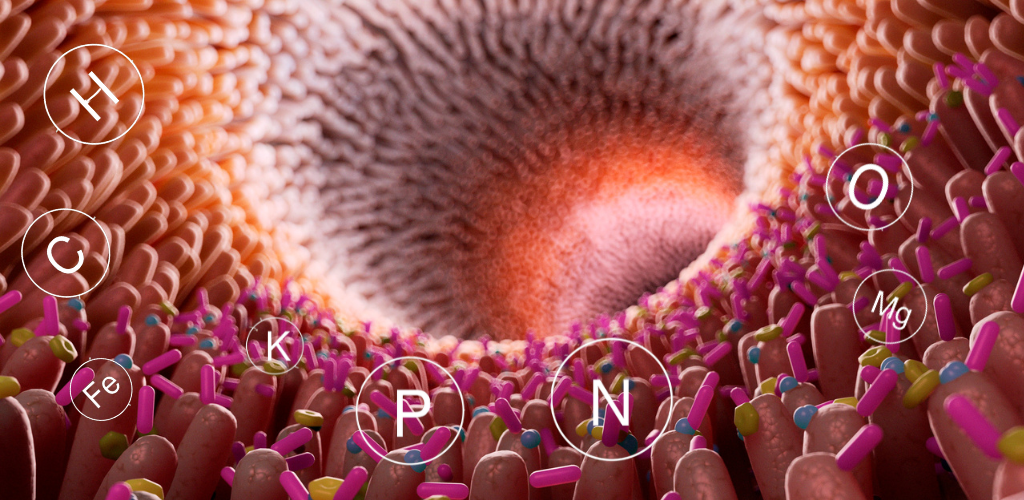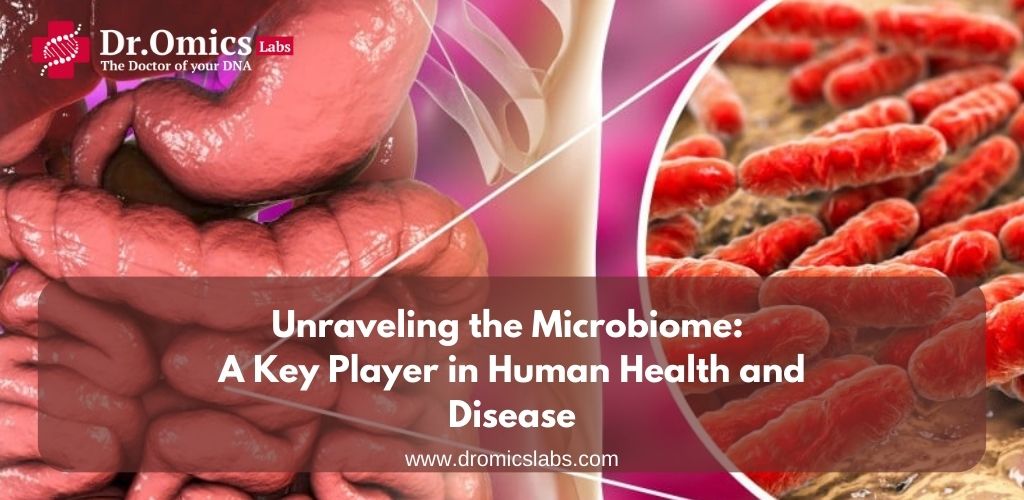Genetic variations play a significant role in determining an individual’s ability to absorb and utilise nutrients from the diet. Understanding how genetic factors influence nutrient absorption is crucial for personalised nutrition interventions and optimising health outcomes.
Genetic variation
Genetic variations can affect nutrient absorption in digestion. There are several common genetic variations that influence our ability to absorb essential vitamins and minerals. For example, MTHFR is a gene that affects folate absorption, while variations in the TCN2 gene can affect vitamin B12 absorption. Genetic variation can also affect food tolerances and dietary requirements. However, the use of CRISPR-Cas9 technology in drug discovery and development can help address these challenges by providing a precise and reliable tool for target-specific gene modifications. Nonetheless, the use of CRISPR-Cas9 is associated with challenges such as off-target effects, immunogenicity, delivery methods, and ethical concerns. Addressing these challenges is crucial to realising the full potential of CRISPR-Cas9 in drug discovery and development.
What are some examples of nutrient deficiencies that can be caused by genetic variations ?
Genetic variations can cause nutrient deficiencies by affecting the body’s ability to absorb essential vitamins and minerals. For example, variations in the MTHFR gene can affect folate absorption, while variations in the TCN2 gene can affect vitamin B12 absorption. Other genetic variations can affect food tolerances and dietary requirements. Some common genetic disorders affecting enzymes and receptors can lead to malnutrition or specific damage to a given organ. Genetic variation can also affect food likes and dislikes, which can affect nutrition. As more is learned about the nature and extent of genetic variability, its interaction with the environment, and its effect on disease resistance and susceptibility, it will become increasingly possible to advise genetically susceptible individuals about their nutritional needs.
How do genetic variations affect the body’s ability to absorb nutrients
Genetic variations can affect the body’s ability to absorb nutrients through various mechanisms. These variations can influence processes such as nutrient absorption, metabolism, receptor action, and excretion, which are often known to be genetically determined. For instance, genetic variations can impact the activity of enzymes and other functional proteins involved in these processes, leading to differences in nutritional processes such as absorption, metabolism, and receptor action. Additionally, genetic variation can affect food tolerances, likes and dislikes, and dietary requirements, thereby influencing an individual’s response to dietary intakes. Furthermore, genetic variations can also play a role in conditions such as hemochromatosis, which affects iron absorption and metabolism. Overall, genetic variability in biochemical processes is ubiquitous, and every person is genetically unique, which can significantly impact nutrient absorption and utilisation.
What are some common genetic tests used to identify nutrient deficiencies caused by genetic variations
Genetic tests can be used to identify nutrient deficiencies caused by genetic variations. These tests can provide insights into an individual’s genetic predisposition for vitamin and mineral deficiencies, as well as their body’s ability to absorb and utilise micronutrients. Some common genetic tests used to identify such deficiencies include:
- DNAwise Genetic Test: This test assesses an individual’s genetic predisposition for vitamin and mineral deficiencies, providing personalised insights into nutrient absorption and utilisation.
- Genetic Variants in Nutrient Metabolism: Genetic variations in enzymes such as MTHFR and TCN2 can be identified through genetic testing, offering information about an individual’s risk of nutrient deficiencies and their body’s ability to metabolise and absorb specific vitamins and minerals.
These tests can help individuals and healthcare professionals understand how genetic variations may impact nutrient absorption and metabolism, allowing for personalised dietary and nutritional recommendations.
What are some common genetic disorders that can cause malnutrition
There are several rare genetic disorders that can cause malnutrition or specific damage to a given organ. These disorders affect enzymes and receptors, leading to differences in nutritional processes such as absorption, metabolism, and receptor action. Some examples of these disorders include:
- Cystic fibrosis: This genetic disorder affects the lungs, pancreas, and other organs, leading to malabsorption of nutrients and malnutrition.
- Phenylketonuria (PKU): This genetic disorder affects the metabolism of the amino acid phenylalanine, leading to a buildup of toxic byproducts that can cause brain damage and other health problems.
- Galactosemia: This genetic disorder affects the metabolism of galactose, a sugar found in milk and other dairy products, leading to liver damage and other health problems.
- Hemochromatosis: This genetic disorder affects iron absorption and metabolism, leading to iron overload and damage to organs such as the liver and pancreas.
- MTHFR deficiency: This genetic disorder affects folate metabolism, leading to a buildup of toxic byproducts and an increased risk of birth defects and other health problems.
Identifying these genetic disorders through genetic testing can help individuals and healthcare professionals understand how genetic variations may impact nutrient absorption and metabolism, allowing for personalised dietary and nutritional recommendations.
What are some treatment options for malnutrition caused by genetic disorders
Treatment options for malnutrition caused by genetic disorders depend on the specific disorder and its effects on nutrient absorption and metabolism. In general, management may involve a combination of dietary modifications, nutritional supplements, and, in some cases, medical interventions. Here are some common approaches:
- Dietary Modifications: Tailoring the diet to the individual’s needs, such as adjusting nutrient intake based on the body’s ability to absorb and utilise specific vitamins and minerals.
- Nutritional Supplements: Providing specific vitamins, minerals, or other nutrients in supplement form to compensate for the body’s reduced ability to absorb or metabolise them.
- Medical Interventions: In certain cases, medical treatments or interventions may be necessary to manage the effects of the genetic disorder on nutrient absorption and metabolism. For example, individuals with cystic fibrosis may require pancreatic enzyme replacement therapy to aid in the digestion and absorption of nutrients.
- Ongoing Monitoring: Regular monitoring of nutritional status and overall health is important for individuals with genetic disorders that affect nutrient absorption, to ensure that their dietary and medical management remains effective.
It’s important for individuals with genetic disorders that impact nutrient absorption to work closely with healthcare professionals, such as registered dietitians and medical geneticists, to develop and maintain a tailored treatment plan that addresses their specific needs and optimises their nutritional status.
Conclusion :
In conclusion, genetic variations significantly influence an individual’s ability to absorb and utilise nutrients, impacting overall health and well-being. By understanding how genetic factors affect nutrient absorption, personalised nutrition interventions can be developed to optimise health outcomes. Genetic testing enables the identification of nutrient deficiencies caused by genetic variations, facilitating tailored dietary and nutritional recommendations. Treatment options for malnutrition stemming from genetic disorders encompass dietary modifications, nutritional supplements, and medical interventions, highlighting the importance of personalised approaches in managing these conditions.
Citations:
[1] https://www.mygenefood.com/blog/genetic-variations-nutrient-absorption/
[2] https://www.ncbi.nlm.nih.gov/books/NBK218767/
[3] https://www.sciencedirect.com/science/article/pii/S0002916523293053
[4] https://www.ncbi.nlm.nih.gov/pmc/articles/PMC5421377/
[6] https://www.ncbi.nlm.nih.gov/pmc/articles/PMC5421377/
[7] https://www.ncbi.nlm.nih.gov/pmc/articles/PMC7736113/
[8] https://www.ncbi.nlm.nih.gov/pmc/articles/PMC7736113/




